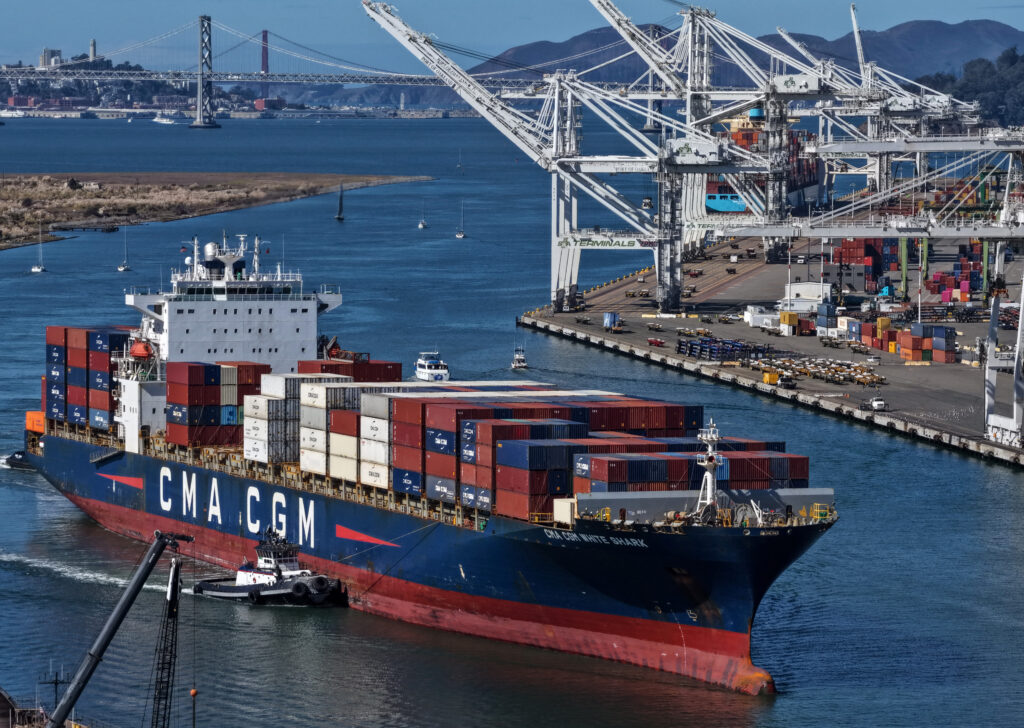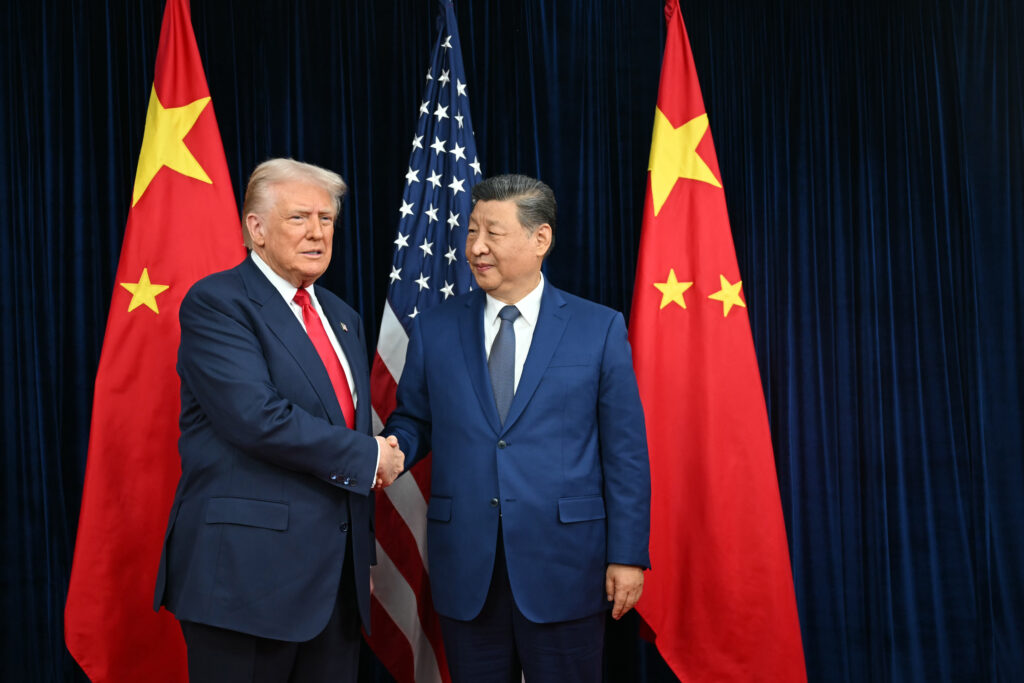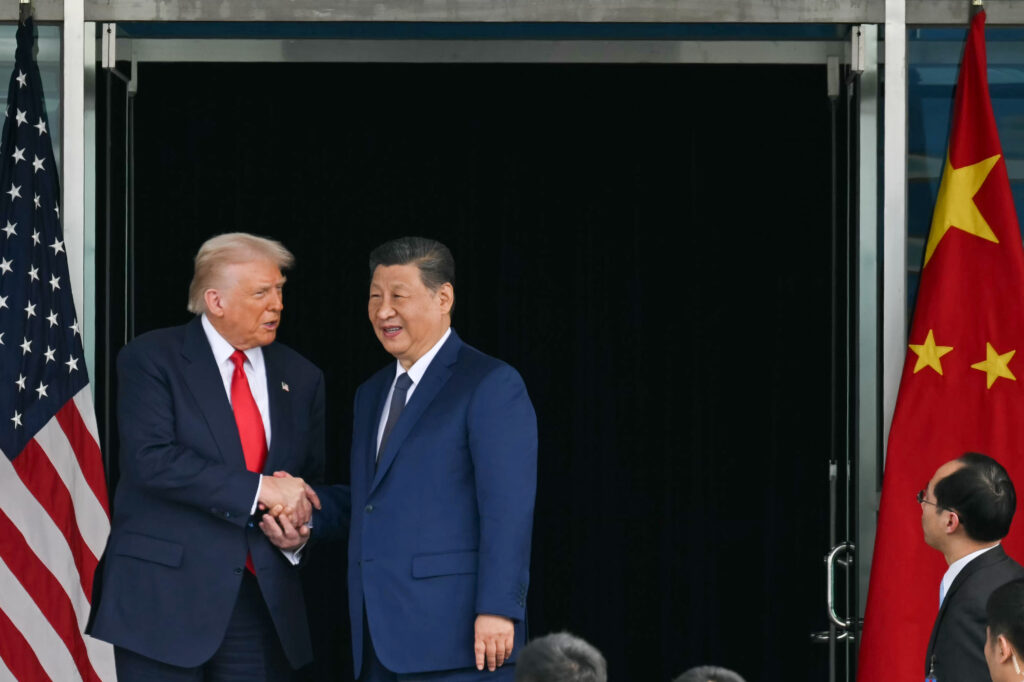China’s suspension of rare earth controls applies to EU: official
The EU’s commissioner for trade on Friday said China’s one-year suspension on its restrictions of rare earth materials would apply to the bloc as well as the United States.”My understanding is that the agreement, which was found between the US and China in this matter, is ‘erga omnes’, so we should apply it to all and, of course, including the European Union,” Maros Sefcovic told reporters during a visit to Rome.Following discussions with the United States, China on Thursday said it would suspend certain export restrictions announced in October, including on rare earth materials, for one year.The controls on rare earths — a major sticking point in trade negotiations between US President Donald Trump and China’s President Xi Jinping this week — have rattled markets and snarled supply chains. Sefcovic, who met both with Italy’s Agriculture Minister Francesco Lollobrigida and Foreign Minister Antonio Tajani, said the EU was now having “high-level official talks on export controls” with China.”I will speak again with my Chinese counterpart very, very soon,” he added.- EU bloc bidding -China is the world’s leading producer of the minerals used to make magnets that are crucial to the auto, electronics and defence industries.Separate to the October restrictions, it has since April required licences for certain exports, a system Sefcovic said was not working. “We have not very positive experience with the issuing of export licenses for the rare earths,” he said.Only 50 percent of EU applications had been “properly processed” so companies received the needed rare earth materials, he noted.”It has direct implications on the production capacities of the companies in the EU.”After meeting Tajani at the foreign ministry, Sefcovic told reporters he envisioned a “common purchase of critical raw materials” by the EU. “We can do the bidding on behalf of the biggest trading bloc in the world, which is the European Union, and to get the critical raw materials for a better price,” he saidThe stockpiles would be “stored in Europe so we will not be under this permanent tension”.Tajani proposed that Italy could host such a storage site. – ‘Dumping’ dispute -Sefcovic also said the EU was backing Italy, which is facing punitive tariffs on exports of pasta to the United States, by showing its US counterparts that their “surprising” accusation of dumping was unfounded. Last month, the US Department of Commerce said it would impose provisional anti-dumping duties of over 91 percent on Italian pasta makers from January. This would be applied on top of the 15-percent tariff imposed on all EU imports.”This was a very surprising move from the United States towards the European Union, towards pasta producers,” Sefcovic said. He said he believed the commerce department “didn’t have proper or enough detailed information from some producers of pasta in Italy” so the EU, along with Italy and its pasta producers, was working to provide it.






